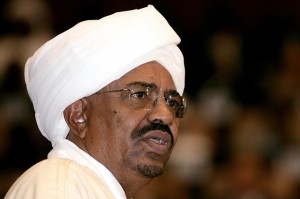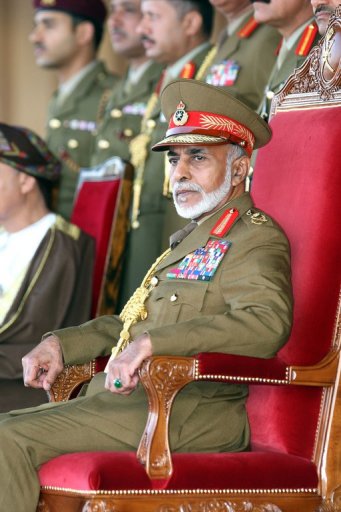
“They talk of an Arab Spring, let me tell them that in Sudan we have a hot summer, a burning hot summer that burns its enemies,” Omar Al-Bashir said at the inauguration of a sugar factory in central Sudan on Thursday.
The Sudanese president’s security forces dispersed a crowd of Sudanese protesters on Wednesday with tear gas, rubber bullets and batons at the University of Khartoum.
“A large number of their colleagues are now under arrest,” a source within the university said. “I think this is the whole issue now,” as examinations draw closer, with consequences for students who cannot complete the year.
Nonviolent resistance movement Girifna (‘We Are Fed Up’) claims that there have been over 2,000 people detained since protests began on 16 June. The number is difficult to verify but the large amount of detainees has been acknowledged by Amnesty International and Human Rights Watch.
“Since the protests began on June 16, Sudanese security forces have repeatedly used excessive force to disperse the demonstrations and arrested scores of peaceful protesters,” the organisations said in a joint statement Wednesday.
Witnesses said the protest was one of the largest seen at the university to date, although it was hard to estimate numbers of protesters who were scattered around campus.
“Compared to other demonstrations it’s… bigger,” said a witness who asked not to be identified.
Reports said police assaulted the students as well as injured protesters on their way to or from hospitals. Protests in the capital have become more frequent after Al-Bashir recently announced austerity measures – described as ‘bitter medicine’ – which include tax hikes and the scrapping of fuel subsidies.
Al-Bashir does not believe the protests have anything to do with the Arab uprisings that swept through the region, and maintains he is still popular within the country, unlike the toppled dictators.




